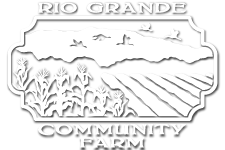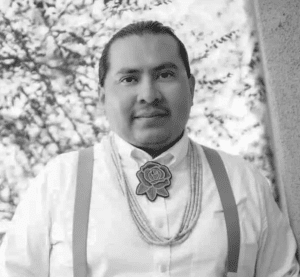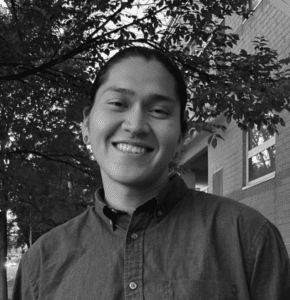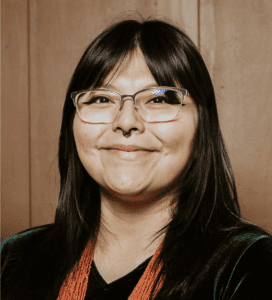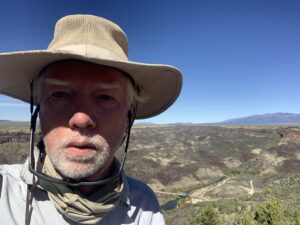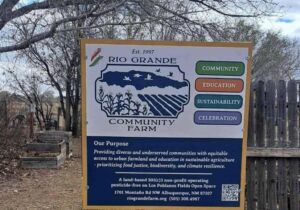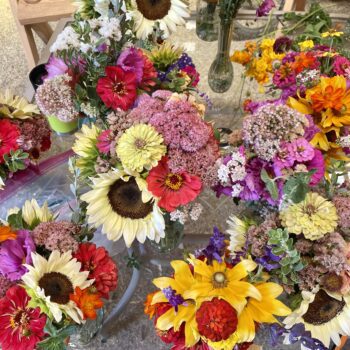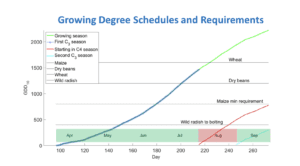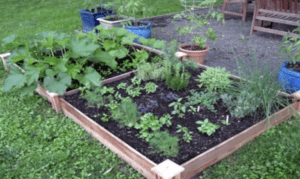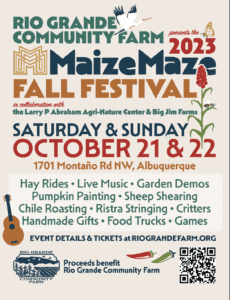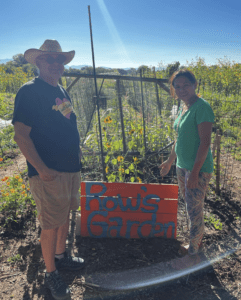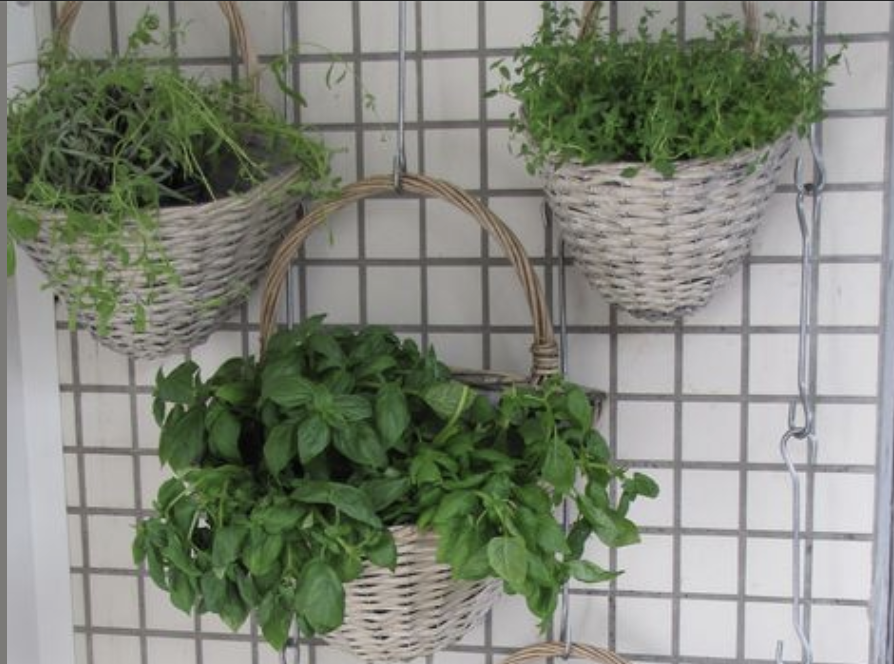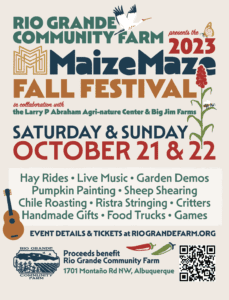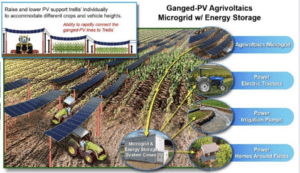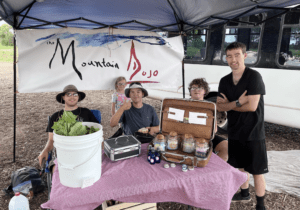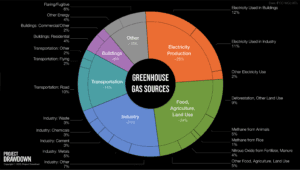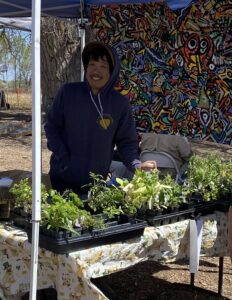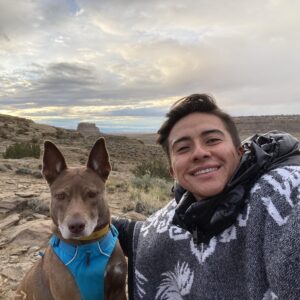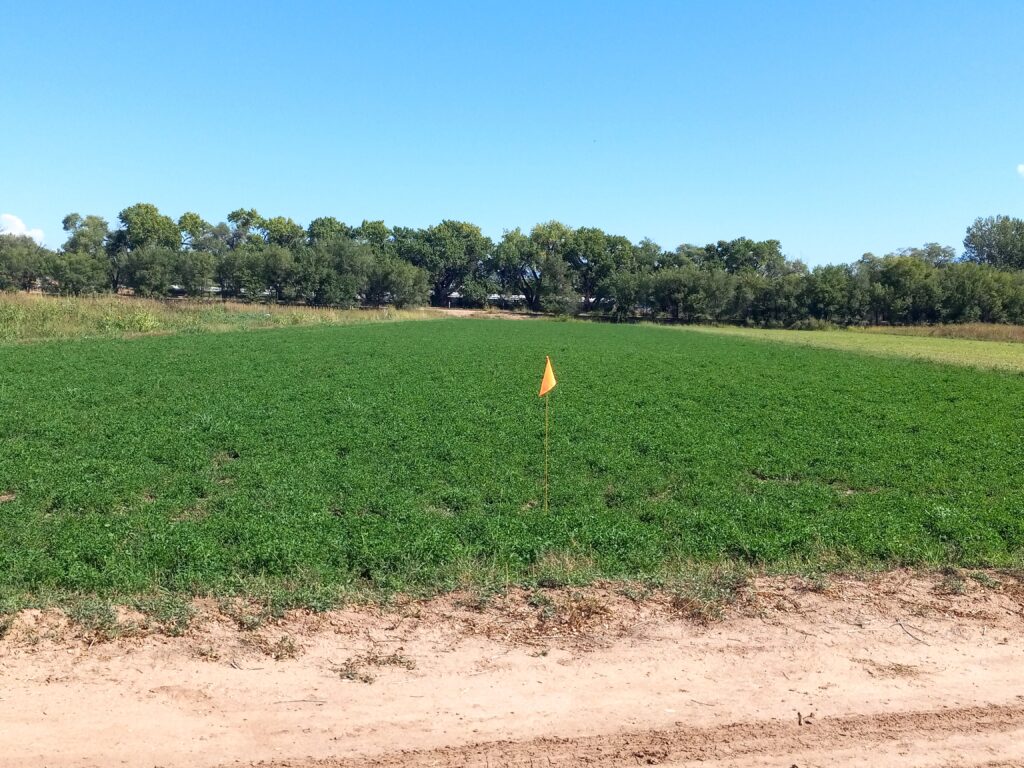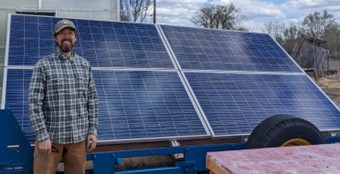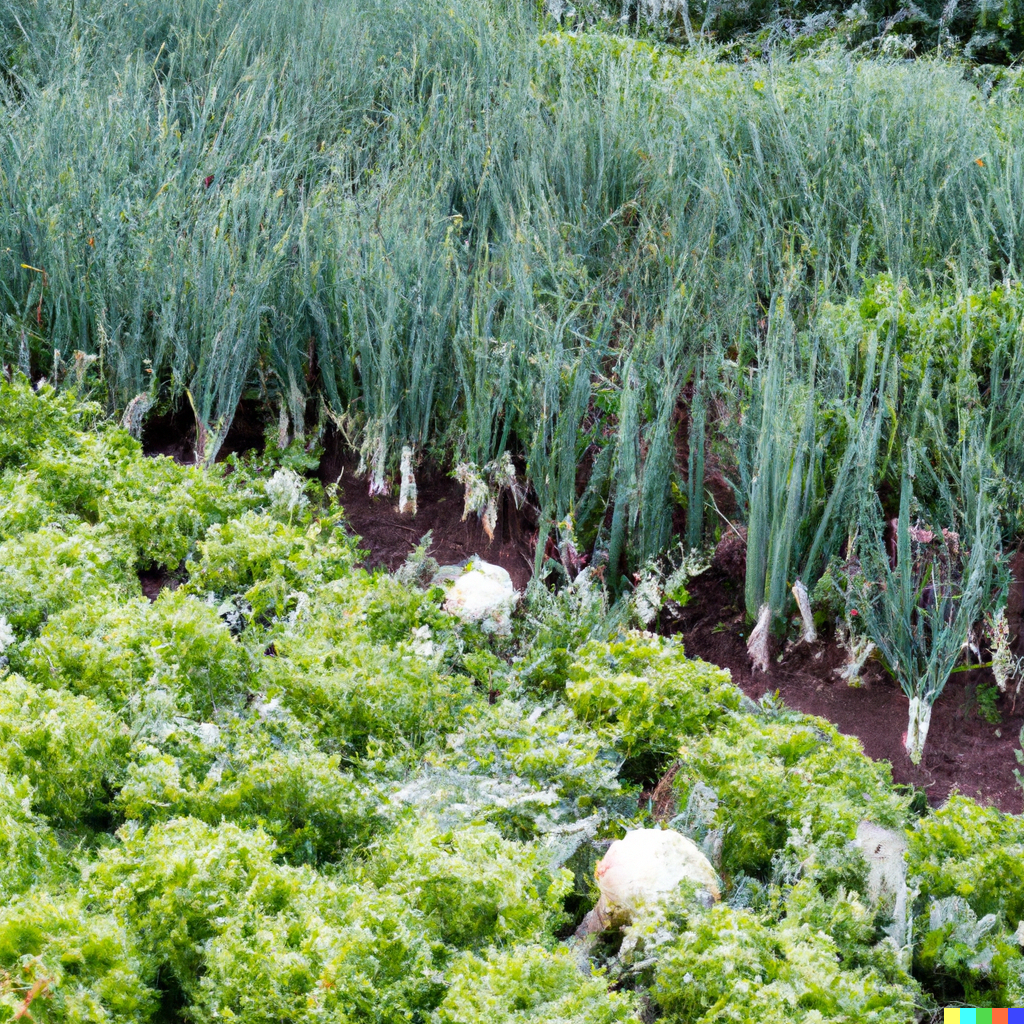A Case for Soil Health, Part II
by Rich Adeyemi
Head Farmer & Educator
Master Composter
Rio Grande Community Farm
The following article is a continuation of the article published in the February 2024 Newsletter (Part I accessed here.)
Compost, mulch, green manure, animal manure, and leaf mold are a few practices we can adopt to improve soil health:
Compost
Composting is a natural process in which microorganisms and earthworms convert organic matter from plants and animals into a rich plant food called humus. Humus, when complete, looks like soil and is rich in vital nutrients such as carbon and nitrogen.
The composting process occurs in nature as dead leaves and other plant material combine with animal waste, soil, air, and water to form a natural fertilizer that enriches top soils and promotes plant growth. While this process occurs naturally in the environment, you can make your own compost using everyday biodegradable waste generated in your household. Materials such as shredded paper, cardboard, dry leaves, egg shell, coffee grounds, food scraps, grass clippings, and animal manure can all be composted. Composting is a cheaper and safer alternative to building soil health than chemical fertilizers. Composting plays very important roles in building soil health, some of which include:
- Improving soil structure – heavy and clay-like soil drains better with the addition of compost while loose and sandy soil can bind together, thereby enhancing their abilities to hold on to moisture and nutrients. Whatever your soil structure, compost is a great additive for improving it.
- Increasing soil biodiversity – Naturally, a good soil is a diverse environment teeming with decomposers (fungi, bacteria, worms, tiny creatures), producers and consumers living together in an interconnected web. Compost is also a perfect environment for these organisms. When compost is added to the soil, the biodiversity of the soil is enhanced. Compost provides ideal conditions for soil microorganisms to multiply because it offers them abundant raw materials to work on and an increased air and moisture in the soil.
- Moderating soil pH – Is your soil too acidic or too alkaline? Compost is a perfect additive that serves as buffer to your soil.
- Improving fertility – I’m yet to meet a farmer or gardener that doesn’t talk about how to improve soil fertility. While there are many options – some good and some dangerous – compost is a cheap, safe and easy to make option that anyone can make irrespective of space. Although not all compost are created equally depending on what went into its making, most compost offers some of the essential micronutrients that feed the soil, which in turn feeds the plant.
Mulch
Mulch is mostly used to keep weeds at bay and protect soil from temperature extremes. It acts as a soil insulator, protecting the soil from rapid changes in temperature and moisture. Mulch keeps temperature a little cooler in summer and a little warmer in winter. If you live in dry climate, mulching is vitally important to preserve soil moisture. While mulch is a source of soil organic matter and nutrients as they decompose, it is also good to supplement the nutrient in mulch by pushing back the mulch to create an opening and then spread some compost or other organic soil amendment beneath it.
Mulch can sometimes create problems if not applied appropriately. Always endeavor to leave some gap between mulch and the base of plants to encourage air circulation and prevent stem rot. In addition, pests like field mice and slugs that like to feed on plant stems and leaves loves the hidden dark underside of mulch so leave the gap in order to monitor what is going on around your plants.
Mulching materials are readily available, and in some cases, for free. Wood chips, cardboard, fall leaves, dry grass clippings, newspaper, pine needles, wood bark, hay, and straw are all excellent materials for mulching.
Green Manures/Cover Crops
Green manures are plants grown for the purpose of feeding soil organism rather than for human or animal consumption or ornament. They are beneficial to soil health and have the characteristics of fixing nitrogen in the soil, soil protection from exposure to wind, sun and rain, erosion prevention, suppression of troublesome weeds, provision of soil organic matter where it is needed and resting the soil to recover from cultivation thereby enhancing fertility.
Choosing a green manure to grow depend on some factors which include: your soil type (green manure differs in climate adaptability and soil conditions), what you want to achieve (for example weed suppression or nitrogen fixation or both), how long you want the soil covered (some mature more quickly than others), what you will plant after the green manure, and the time of the year.
To avoid a problematic situation, do not allow green manures to go to seed before you turn them under or cut them down otherwise they can turn out to become weed. Bear in mind also that perennial green manures may regrow after cutting them down, but they can be eliminated either by hoeing the root out or applying mulch to the soil.
Animal Manure
Traditionally, animal manures are considered and used as source of soil fertility. They can be applied fresh directly to the soil depending on the animal it came from (rabbit is a good example) or can be composted before application. Before using animal manure on your soil, consider what animal it came from, the condition in which the animal was raised, how it was stored before you got it, and the age of the manure. If you raise animal and use their manure on your farm, consider composting them or allow them to rot well before use. By all means, avoid manures from intensive “factory” farms because those animals are usually injected with pesticides, antibiotics and growth hormones. Although these materials will readily decompose, they will have short-term effect on your soil biology. Instead, try to get from “free range” and less intensive livestock farms, and local stables.
In general, it is best to compost or allow fresh manure to rot well before use because they contain a high concentration of minerals which can harm the soil, pollute groundwater and/or burn plants.
For those who wish to avoid animal products, note that it is not a requisite for building soil health. Soil health can equally be built using the other means described above.
Leaf Mold
Leaf mold is the rich, dark material that is left when leaves that fall from trees in autumn are allowed to decay on the ground. Forest floors are perfect examples of soil that is rich with leaf mold which is an excellent soil conditioner. Just as in nature, leaf mold can actually be made on your farm or in your garden. All you need is a supply of fall leaves, a container to hold the leaves from blowing away, water, air, and time. To produce leaf mold, soak the leaves in water to make them moist, stuff the leaves into a container or stack them on the ground somewhere and leave the pile to decay. The decomposition may take between nine months to two years before you can produce a usable batch.
Common containers used for making leaf mold include wire mesh folded around four wooden posts to form a container, barrels, and large trash bags. Make sure that holes are poked in the barrel and the trash bags to allow for free flow of air. If you live in an arid area, make sure that you cover the inner wall of the wire mesh with a tarp poked with holes to avoid excessive dryness. You can check the pile from time to time to ensure it doesn’t dry out. If it does dry out, spritz it with water which will allow the microbes to do their job.
Leaf mold can be used as moisture-retaining mulch, it can be added to loam soil for use as top dressing in the garden or container plants. |
